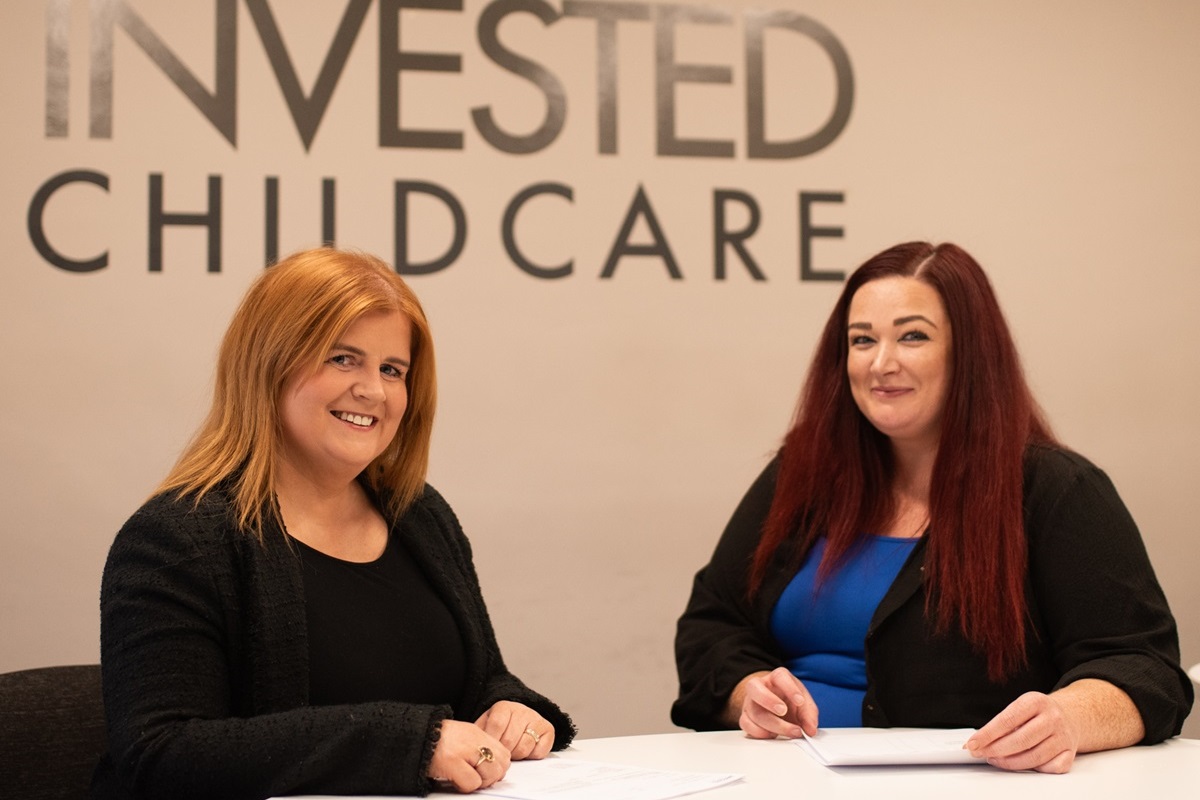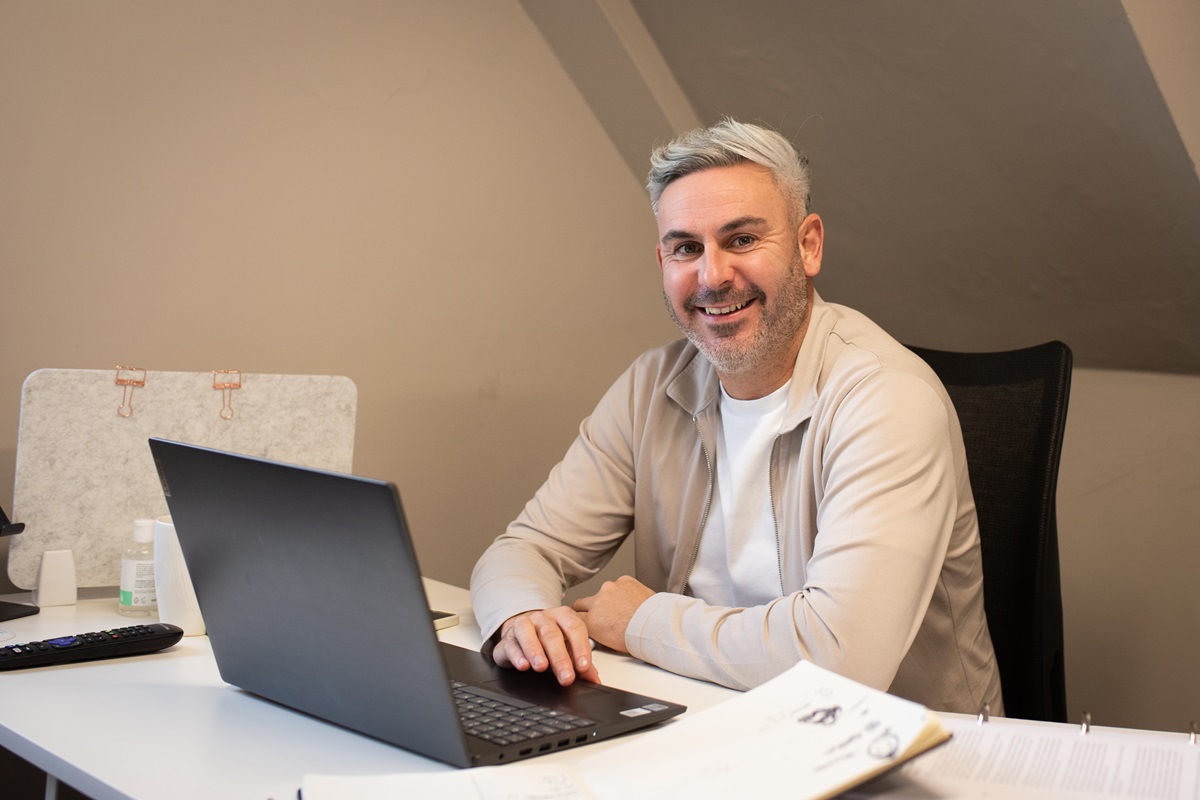In-House Services
CLINICAL SERVICES
We have access to clinical services provided by our in-house clinical team, who offer interventions as needed. The team conducts regular consultations with the adults in the home and provides training where required. They review all care plans and behaviour management plans to ensure the team is working in a truly therapeutic manner.
Our home utilizes Dyadic Developmental Practice (DDP) to care for young people who have experienced trauma due to chronic early maltreatment within the caregiving relationship. The primary goal of DDP is to support children in developing the ability to maintain attachment-based relationships with their caregivers. This approach encourages our care adults to employ the PACE model, which stands for:
- Playfulness: An open, calm, relaxed, and engaged attitude.
- Acceptance: Unconditional acceptance helps children feel secure, safe, and loved.
- Curiosity: Non-judgmental awareness of a child’s inner life.
- Empathy: A sense of compassion for the child and their feelings.
PACE is an attachment parenting model designed to help form secure attachments with children and young people who have experienced difficulties and trauma in their early lives. By cultivating these qualities, caregivers can support children in developing self-awareness, emotional intelligence, and resilience. Over time, children will gain valuable tools to understand and regulate their emotions more effectively.
Key to this approach is a deep respect for the child’s experiences and inner life. By engaging in this work, we provide a supportive space for children to develop their thinking skills, helping them reflect upon, understand, and manage their emotions more skillfully. Using the PACE approach can also reduce conflict, defensiveness, and withdrawal, which are often present in the lives of children who have experienced trauma. It allows caregivers to recognize the strengths and positive traits underlying more negative and challenging behaviours.
We promote safe and healthy relationships in the young person’s daily life. The in-house clinical team employs a Consultation Model to support and enable everyone in the home to deliver interventions appropriate to their roles and responsibilities, providing specialist advice on the psychological aspects of their work. Clinical consultation aims to foster a collaborative and consistent approach to working with young people.
Within this model, the in-house clinical team offers staff protected reflective practice time in small groups. Reflection is a thought process where individuals consider their experiences to gain insights about their overall practice. The clinical team supports individuals in exploring and reviewing how they work with young people, their families, other professionals, and each other. They also reflect on the quality of care provided to young people. The team facilitates care team meetings and reviews, creating opportunities for multi-professional teams to reflect openly on both successes and challenges. These valuable reflective experiences enhance resilience, improve well-being, and deepen professional commitment.
By reflecting in group settings or as individuals, we develop ideas and actions that continuously improve practice. Learning with others builds collective wisdom through discussion, support, and knowledge sharing, increasing the likelihood of meaningful and positive change.
The in-house clinical team aims to provide the residential team direct access to effective, accessible psychological and attachment-based support. This support enhances caregivers’ skills and understanding of the children they care for, increasing their confidence and providing reassurance. The clinical service also improves planning effectiveness, offering alternative perspectives and engaging young people in more effective ways. Furthermore, the clinical team supports the system surrounding the looked-after child.
Additionally, the in-house clinical team provides caregiver training, liaises with external agencies, and conducts ongoing formulation, review, and assessment of progress. The clinical aim is to support previous research indicating that consultations are an effective model for providing indirect therapeutic support to looked-after children.
The management of the home evaluates the effectiveness of the therapeutic services delivered by the in-house clinical team through reflective supervision and consultation sessions. In these sessions, we assess the progress of the young people, address their upcoming needs and targets, and formulate plans to help them achieve their goals.
IN-HOUSE TRAINING TEAM
Our in-house training team is led by a highly competent trainer who has completed a diverse range of train-the-trainer courses. This expertise enables us to deliver fast, tailored training to our teams as required, ensuring that our team is equipped with the most relevant skills and knowledge. The trainer remains current in their field, conducting regular refreshers to keep the training up to date and in line with best practices.
The trainer is adept at sourcing and adapting training packages to meet the specific needs of our service, including developing bespoke programs focused on essential topics such as professional boundaries. With a Level 3 Award in Education and Training, our trainer brings a wealth of knowledge and experience to the team.
Our in-house training team offers a comprehensive range of training sessions, including but not limited to:
- Safeguarding
- Child Sexual Exploitation (CSE)
- Child Criminal Exploitation (CCE)
- Child Exploitation Online Protection (CEOP)
- First Aid
- Ligature Training
- Medication Management
- Therapeutic Crisis Intervention
Additionally, we provide various other training sessions tailored to the evolving needs of our service. This commitment to professional development ensures that our staff are well-prepared to support the young people in our care effectively and safely.


